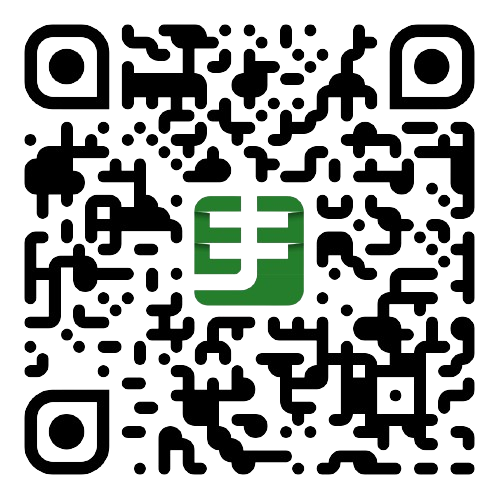Publication Ethics
Introduction
IJIEE (Indonesian Journal of Islamic Elementary Education) is a peer-reviewed, open-access journal published twice a year by the Department of Elementary Teacher Education, Faculty of Education and Teacher Training, UIN K.H. Abdurrahman Wahid Pekalongan, Indonesia. The journal invites scholars, researchers, and students to contribute their research and studies in the field of elementary education with an Islamic perspective.
Publication ethics is a set of principles that govern the behavior of all parties involved in the process of scientific publication, namely journal administrators, editors, reviewers, and authors. Publication ethics aims to maintain the integrity and quality of scientific publications.
Journal Administrators
Journal administrators are responsible for:
- Maintaining the independence of the journal from any interests.
- Providing a mechanism to ensure that published articles meet publication ethics standards.
- Responding to complaints about publication ethics violations promptly and effectively.
Editors
Editors are responsible for:
- Conducting objective and independent screening and selection of articles.
- Ensuring that published articles meet publication ethics standards.
- Handling complaints about publication ethics violations promptly and effectively.
Reviewers
Reviewers are responsible for:
- Conducting objective and professional evaluations of articles.
- Reporting to the editor if they find any publication ethics violations.
Authors
Authors are responsible for:
- Maintaining the originality and originality of the research.
- Listing all sources used in the research.
- Ensuring that the published article does not contain any plagiarism.
Explanation
Originality and originality of research
Authors must ensure that the research conducted is original and original. Unoriginal and unoriginal research can be in the form of duplication, fabrication, or falsification.
- Duplication is the re-presentation of research that has been published previously.
- Fabrication is the creation of data or research results that do not exist.
- Falsification is the falsification of existing data or research results.
Listing of sources used
Authors must list all sources used in the research. The listing of sources used can be in the form of quotations, tables, figures, or data.
Plagiarism
Plagiarism is the unauthorized use of the ideas, words, or works of others without giving credit. Plagiarism can be in the form of direct plagiarism, indirect plagiarism, or self-plagiarism.
- Direct plagiarism is the unauthorized use of the ideas, words, or works of others directly without giving credit.
- Indirect plagiarism is the unauthorized use of the ideas, words, or works of others indirectly without giving credit.
- Self-plagiarism is the unauthorized use of the ideas, words, or works of oneself that have been published previously without giving credit.
Publication Ethics Violations
Publication ethics violations can be in the form of:
- Duplication
- Fabrication
- Falsification
- Plagiarism
- Conflict of interest
- Fraud
- Copyright infringement
Actions Taken
If a publication ethics violation is found, the journal will take action that is appropriate to the level of the violation. Actions that can be taken by the journal include:
- Article rejection
- Article retraction
- Imposition of sanctions on authors
Conclusion
Publication ethics is important to maintain the integrity and quality of scientific publications. All parties involved in the process of scientific publication must comply with publication ethics.
Additional Explanation
In addition to the publication ethics mentioned above, IJIEE also applies the following additional publication ethics:
- Authors must ensure that the research conducted does not contain any elements of discrimination, SARA, or pornography.
- Authors must ensure that the research conducted is conducted in an ethical manner and in accordance with research ethics standards.
- Authors must ensure that the published article does not contain any elements of self-promotion or commercial interests.
IJIEE expects that all parties involved in the process of scientific publication in this journal can comply with the established publication ethics.
Here are some additional explanations that can be added to the publication ethics statement:
- The definition of plagiarism
- Examples of plagiarism
- How to avoid plagiarism
- How to deal with plagiarism
- How to report plagiarism
These additional explanations can help authors understand the importance of avoiding plagiarism and how to do so.











